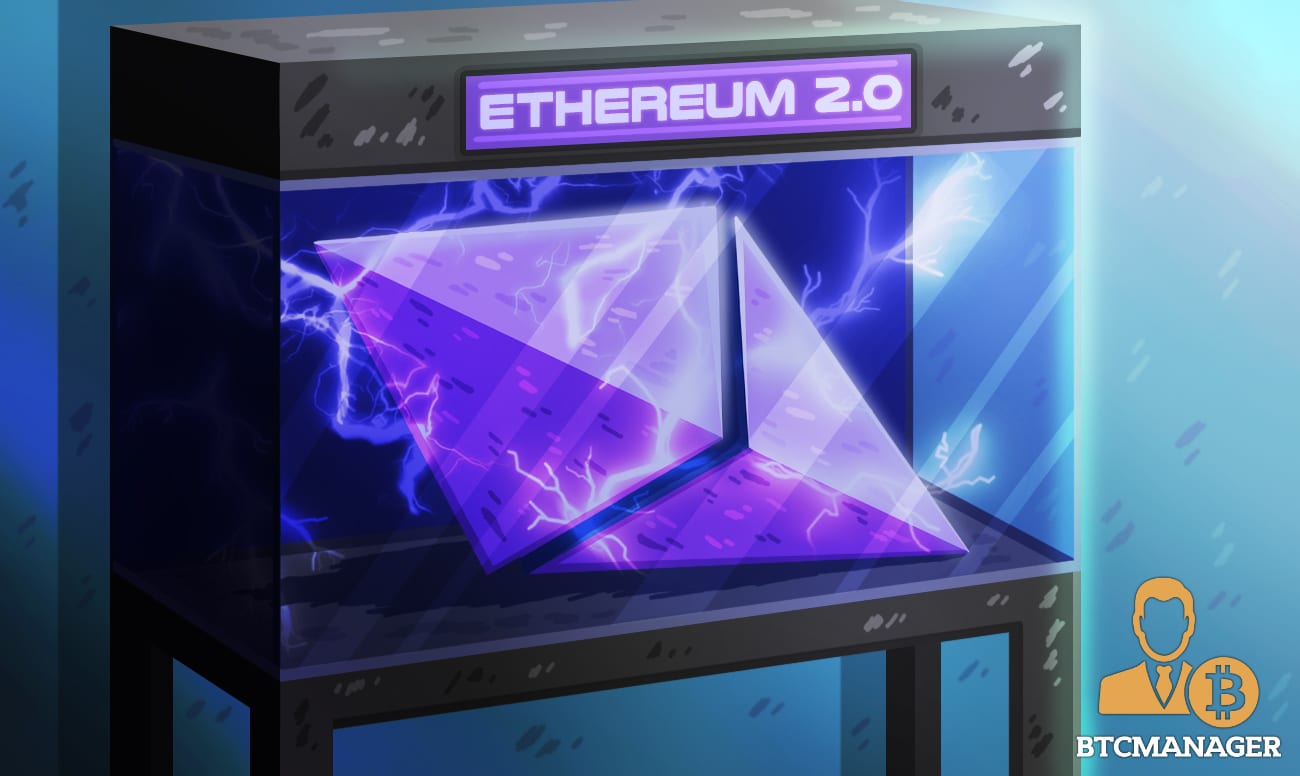ETH 2.0 Update: Altona v0.12 Testnet Expected to Launch in the Next Week

A new ETH 2.0 update on June 23 revealed the Ethereum team is continuously working on the upcoming PoS protocol, even if the broader community feels developments are slow.
From Vyper to Solidity
Written by Ethereum developer Danny Ryan, the blog noted several developments since the project’s last update in May. Overall, the gist was that all “public summaries, client teams, contributors, and community members/prospective-validators have been busy.”
Few technological takeaways were that the new Solidity deposit contract was formally verified and added to the bounty program. Furthermore, the much-awaited Altona v0.12 testnet was expected to launch in the next week.
Ryan noted the Ethereum Foundation, which oversees development on the Ethereum protocol, will continue its grant to Sigma Prime for its “beacon-fuzz” framework that helps “finds all bugs.”
Enumerating on the new deposit contract written in Solidity, Ryan wrote the contract retained the same public interface and saw the addition of an EIP 165 supports interface function. He added the change was fully transparent and viewable to all developers.
There were “latent concerns” around the previous “Vyper” contract language, notes Ryan, even as the contract was “heavily tested, reviewed, and formally verified.” A ConsenSys researcher, Suhabe Bugrara, conducted a review of the Vyper deposit contract, assessing it as “sound” but not recommending the bytecode “as secure as long as it used the Vyper compiler.”
Ryan added in the regard:
“ConsenSys Diligence and Trail of Bits did investigative security reports on the Vyper compiler, finding many more bugs and raising concerns about systemic issues with the compiler codebase.”
However, Ryan said Vyper is a “very promising language” despite the few shortcomings, adding the python-based compiler continues to be developed.
Altona Testnet Next Week
Ryan said the multi-client testnet of v0.12 Altona is expected to launch before July. The testnet will be entirely controlled by the constituent client teams, such as Lighthouse, Nimbus, Prysm, and Teku, Afri (an Ethereum developer), and team members of the Ethereum Foundation.
However, similar to other released multi-client testnets, Altona is a “devnet” than one meant for the end-users. Ryan explained:
“Altona is first and foremost for client teams to sanity check v0.12 software in a production setting and for eth2 engineers as a whole to work through any bugs that might only arise in a multi-client setting.”
However, he noted that all members are welcome to grow Altona over time, with the next released being a larger, community focused testnet “with the mainnet configuration of a minimum of 16,384 validators to start.”















